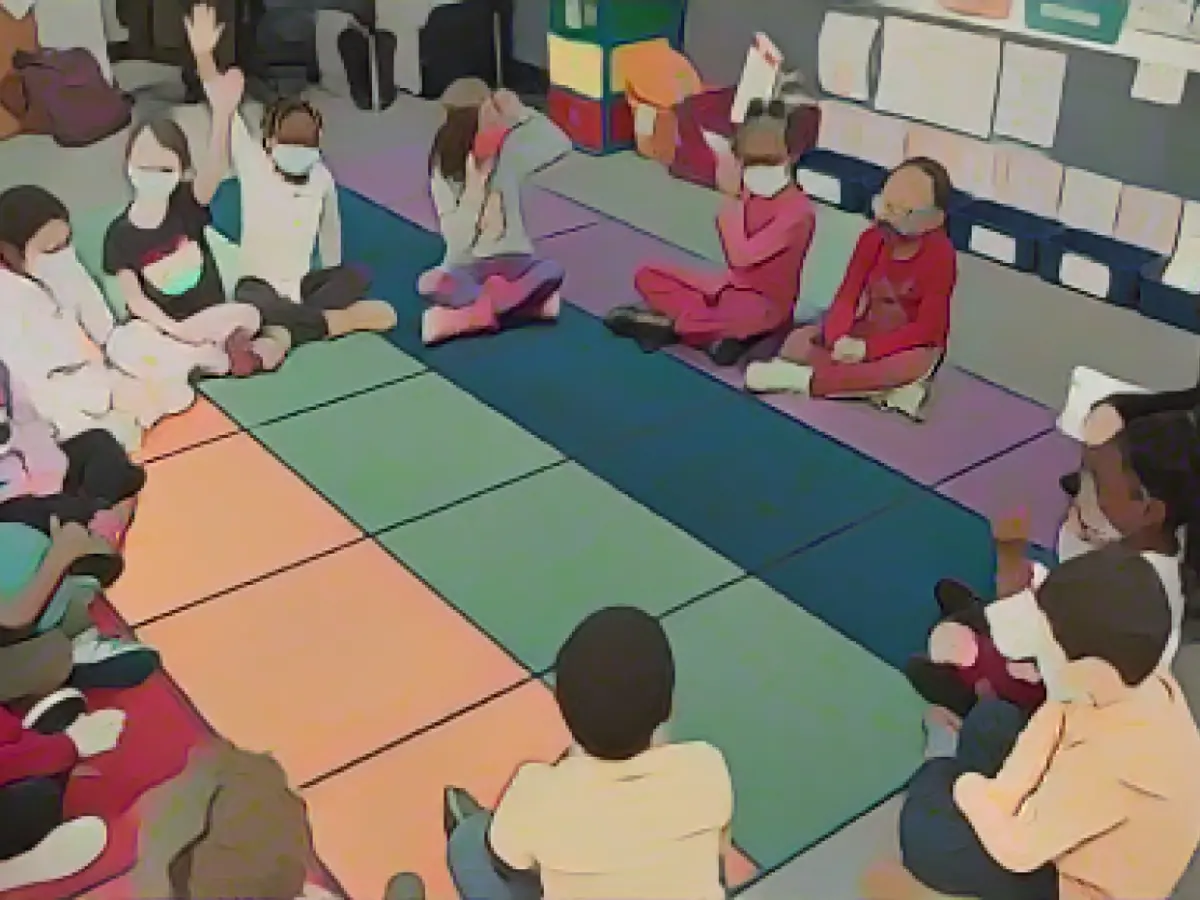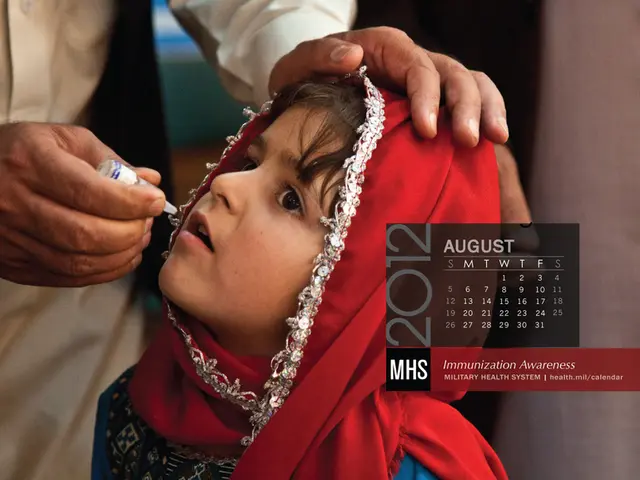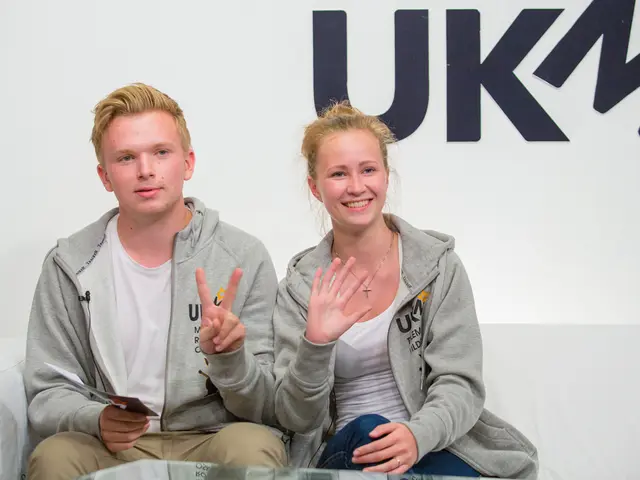Opinion Piece: The Unnecessary Culture War Over SEL in the Classroom
Let's put aside the toxic, ideological battle over SEL (Social-Emotional Learning), which some prominent right-wing commentators like Baker and others are waging. They view SEL as a sinister plot to force CRT (Critical Race Theory) and CSE (Comprehensive Sexuality Education) onto our children, starting from preschool.
Natalia Melman Petzera
The anger over these concepts and curriculums has led to legislation that's cost teachers their jobs, turned school board meetings into angry spectacles, and resurrected mundane debates over LGBTQ literature, anti-racism workshops, or participation in trans sports. But as Baker puts it, these are merely "small skirmishes."
He suggests that the wars that should be fought, as if on classified ads like "When SHTF" survival gear, are against SEL. Baker points out that "Collaborative for Academic, Social, and Emotional Learning" highlights the importance of dealing with emotions, developing empathy, and making responsible decisions as reasons for these conflicts.
Critics like Baker and others believe that this is a nefarious plan aimed at "capturing your children," starting with preschool, even though basic reading or philosophy classes are often seen as a kind of prelude to the full-blown culture war itself.
It's not immediately clear why the right sees SEL/CRT/CSE as a three-pronged threat. It's understandable that many parents would find it provocative to teach their children about white supremacy or sex, but encouraging children to control their emotions or make motivational videos seems more like common sense than something malicious. Is it somehow related to the alleged "brainwashing" going on beyond public schools?
History teaches us that controversial political fault lines—debates over patriotism or pronouns—don't naturally extend to mundane skills like "self-management" and "decision-making". Understanding why these conflicts are so fierce requires understanding both the progressive initiatives aimed at nurturing the "gifted child" and the longer, chaotic conservative resistance to these programs that specifically address children's emotions, values, and attitudes.
However, it's also worth noting that the debate over SEL differs from other schoolhouse culture wars, which seem to only confirm and reinforce political polarization, such as arguments over LGBTQ literature, anti-racism workshops, or Trans sports participation. Instead, the current SEL conflicts take place in an environment where therapy culture has become more mainstream and where the traumatic impact of the pandemic on students' learning and well-being is undeniable.
This unique situation presents a potential opportunity to begin a new chapter, in which schools help students develop crucial skills and sensitivities that enable them to reflect on and navigate their identities, both individually and collectively.







